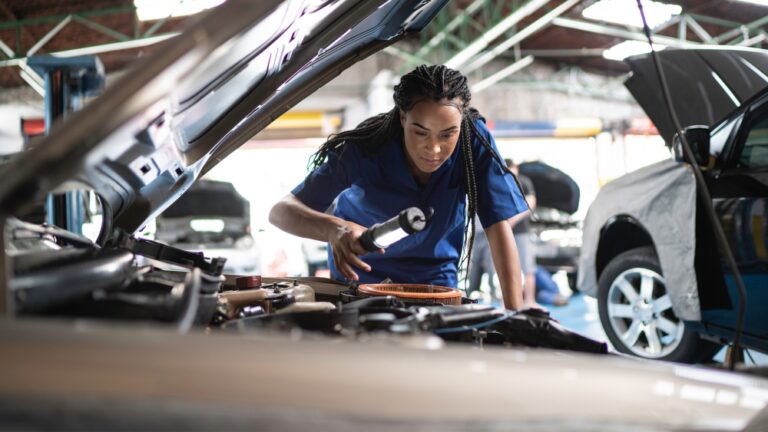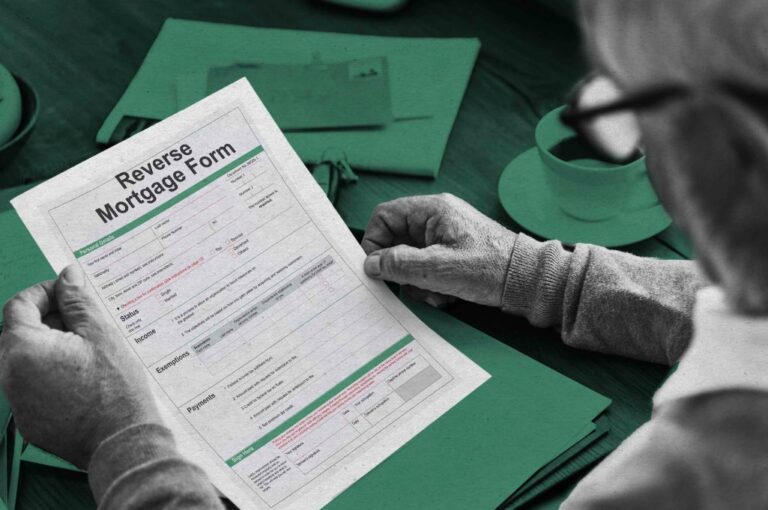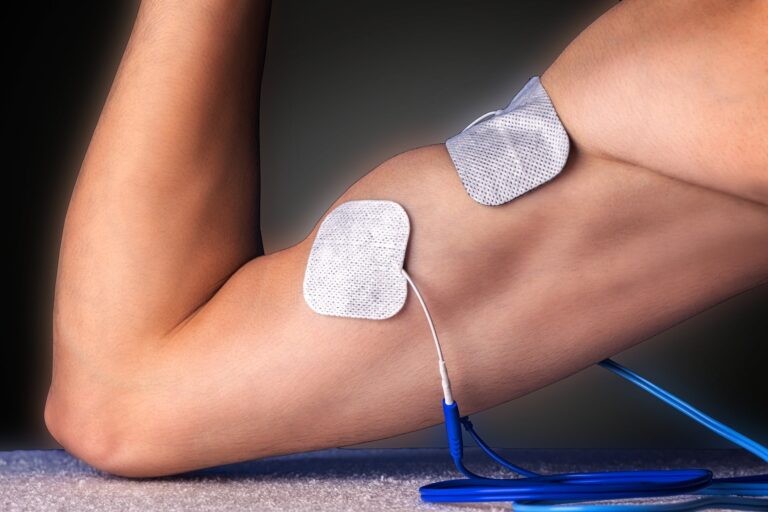Owning a car involves more than just driving; it requires regular maintenance to ensure safety and efficiency. This blog post provides essential car check advice for private motorists. Understanding these tips can help prevent costly repairs and enhance your vehicle’s longevity.
Understanding Your Vehicle’s Needs
Every vehicle has specific needs based on its make, model, and usage. Familiarizing yourself with these can save you time and money.
Regular Maintenance Schedule
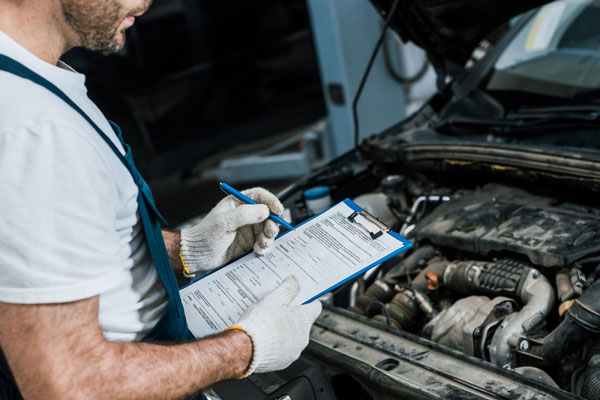
Your car’s manual is your best guide for maintenance schedules, and using tools like Car Checker can further simplify this process. The manual outlines when to service essential components like the engine oil, air filter, and brakes.
Integrating these recommendations with the insights from car checker ensures your vehicle remains in optimal condition and can prevent major issues. This combination of manual guidelines and digital tool assistance is a proactive approach to vehicle maintenance, helping you stay on top of your car’s health and performance needs efficiently.
Learning the Basics
Understand basic car terminology and functions. This knowledge empowers you to make informed decisions about your vehicle’s maintenance and when to seek professional help. It also helps you communicate effectively with mechanics.
Checking Fluid Levels
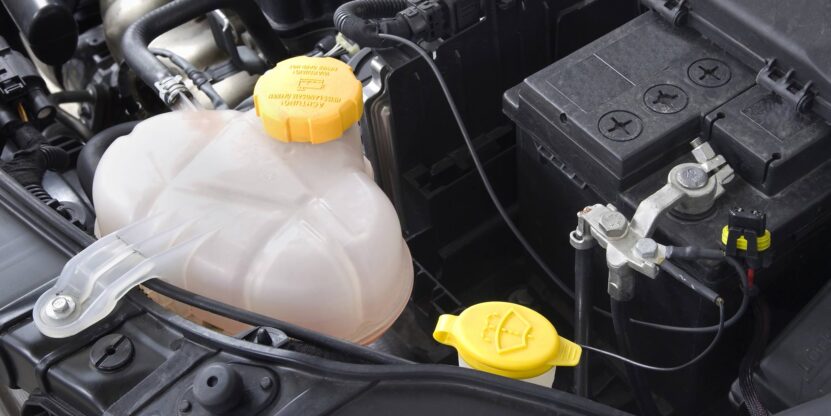
Fluids are vital for your car’s performance. Regular checks can prevent mechanical failures.
Engine Oil
Check your engine oil monthly. Ensure the car is on level ground, and the engine is cool. Use the dipstick to check the oil level and quality. Low or dirty oil requires immediate attention.
Other Essential Fluids
Besides engine oil, regularly check the brake fluid, coolant, power steering fluid, and transmission fluid. Each plays a crucial role in your vehicle’s operation, and their levels can indicate potential issues.
Tire Maintenance
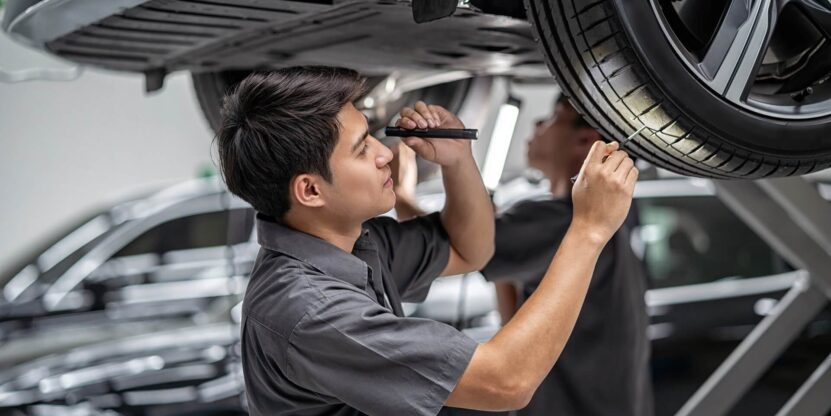
Tires are critical for safety and fuel efficiency. Proper maintenance ensures longevity and better road performance.
Checking Tire Pressure
Incorrect tire pressure can lead to increased wear and tear and even accidents. Check your tire pressure monthly and before long trips. Use a reliable tire gauge and inflate the tires to the recommended pressure found in your vehicle’s manual.
Inspecting Tread Depth
Inspect the tread depth regularly. Worn-out tires compromise grip and increase stopping distances. Replace tires with a tread depth below 1.6mm.
Brake System
The brake system is essential for safety. Regular checks can prevent accidents and costly repairs.
Brake Pads and Discs
Check your brake pads and discs regularly for wear and tear. Squealing noises or a vibrating steering wheel during braking are signs that they need attention.
Brake Fluid
Brake fluid is crucial for effective braking. Check the fluid level and color. If it’s low or has turned dark, it needs replacement.
Battery Health
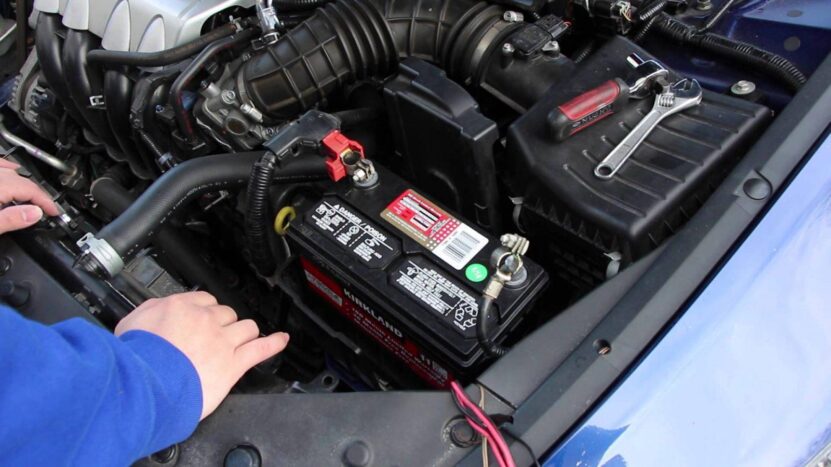
A healthy battery is crucial for starting your car and running electrical components.
Visual Inspection
Inspect your battery for corrosion, cracks, or leaks. These can indicate it’s time to replace the battery.
Battery Performance
Test your battery’s performance, especially before winter, as cold weather can reduce its efficiency. A car struggling to start is a sign of a weak battery.
Lights and Signals
Proper functioning lights and signals are crucial for safe driving and communication with other road users.
Checking Functionality
Checking the functionality of your vehicle’s components is a key aspect of routine maintenance. This process involves verifying that systems such as brakes, lights, engines, and electrical parts are working correctly. Regular functionality checks help in the early detection of potential issues, preventing breakdowns, and ensuring safety.
For instance, testing brake responsiveness, ensuring lights and indicators are bright and operational, and listening for unusual engine sounds are all crucial checks. These proactive measures not only extend the life of your vehicle but also provide peace of mind, knowing that all essential systems are operational and your vehicle is safe for driving.
Cleanliness and Alignment
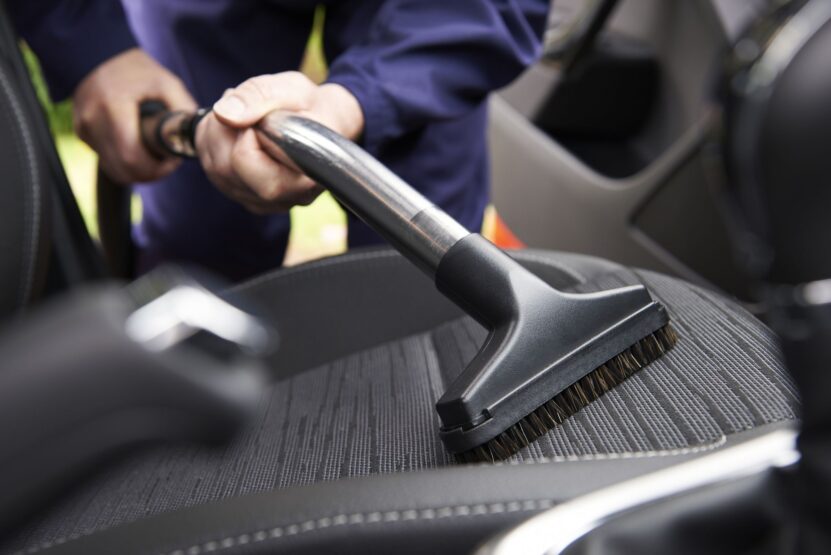
Cleanliness and alignment in a vehicle are more than just cosmetic concerns; they’re crucial for safety and performance. Keeping the car clean, especially windows and lights, ensures clear visibility and effective signaling to other road users. Proper wheel alignment, on the other hand, is vital for safe driving.
It ensures that your vehicle drives straight and true, reducing tire wear and improving fuel efficiency. Misaligned wheels can lead to uneven tire wear, poor handling, and increased strain on the car’s suspension. Regularly checking and maintaining both cleanliness and alignment are simple yet effective ways to enhance your driving experience and safety.
Windshield and Wipers
A clear windshield is essential for visibility. Regular checks and maintenance can prevent accidents.
Windshield Inspection
Check your windshield for cracks, chips, or scratches. Even small damages can rapidly worsen and impair visibility.
Wiper Blades and Fluid
Inspect wiper blades for wear and ensure the wiper fluid reservoir is full. Replace worn blades and refill the fluid as needed for clear visibility in all weather conditions.
Exhaust System
A properly functioning exhaust system is vital for environmental compliance and vehicle efficiency.
Regular Checks
Regular checks are crucial for maintaining your vehicle’s health and ensuring safety on the road. By routinely inspecting key components such as fluids, tires, brakes, and batteries, you can identify potential issues before they escalate into costly repairs or dangerous situations.
Regular checks not only enhance the longevity of your vehicle but also contribute to its efficient performance, ensuring optimal fuel economy and reliability. These inspections, often simple and quick, can be done at home and are an essential part of responsible car ownership. Staying proactive with regular checks helps keep your vehicle in top condition and provides peace of mind knowing that your car is safe and ready for the road.
Emissions
Emissions from vehicles are a significant concern, both environmentally and for vehicle health. They consist of gases and particles released during fuel combustion, potentially harmful to air quality and public health. Regular monitoring of your car’s emissions is vital. Excessive or unusual emissions, like smoke or a strong odor, can indicate engine problems or a malfunctioning exhaust system.
Addressing these issues promptly not only ensures compliance with environmental regulations but also enhances your vehicle’s efficiency and longevity. Keeping emissions in check is a responsible practice for any motorist, contributing to a cleaner environment and a more sustainable future.
Conclusion
Regular vehicle inspections are essential for safe and efficient driving. By following these simple yet vital tips, you can ensure your car remains in good condition, potentially saving you money and keeping you safe on the road. Remember, when in doubt, consult a professional mechanic. Safe driving starts with a well-maintained vehicle.

